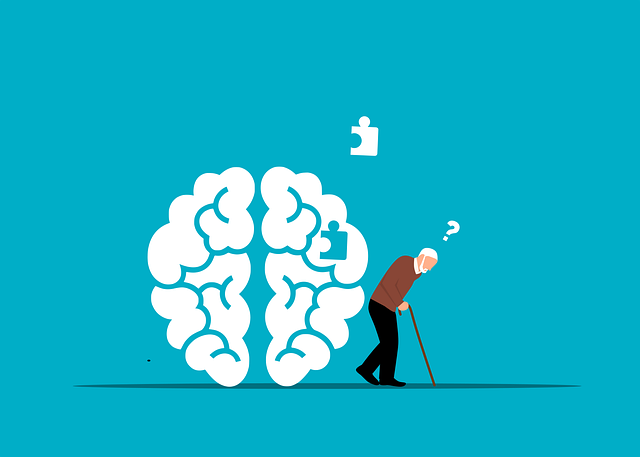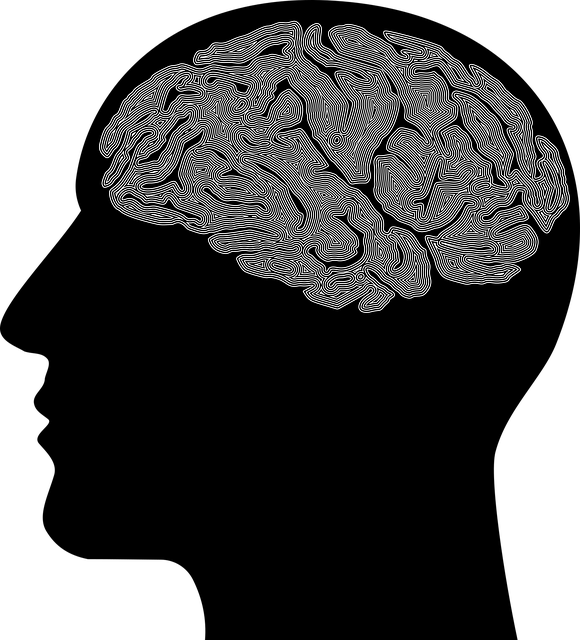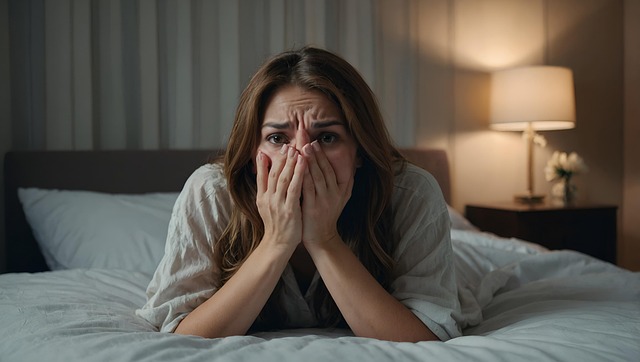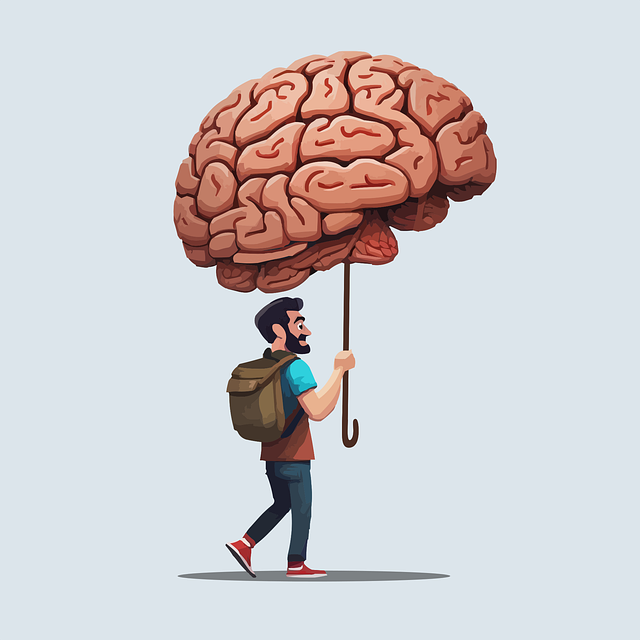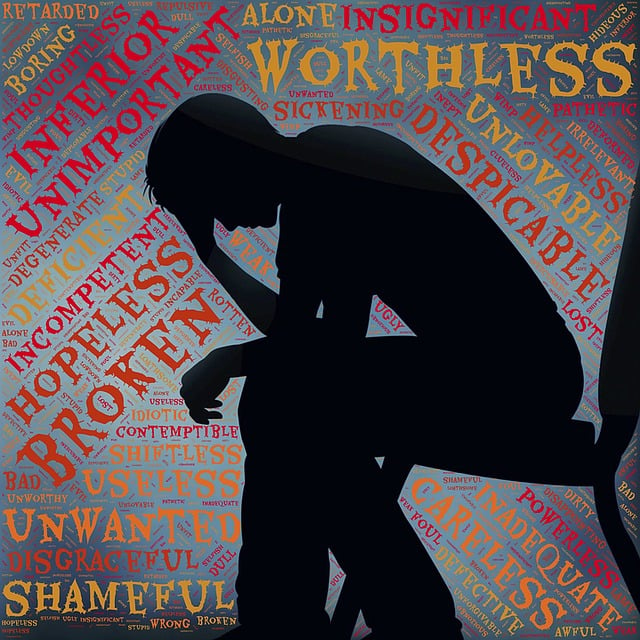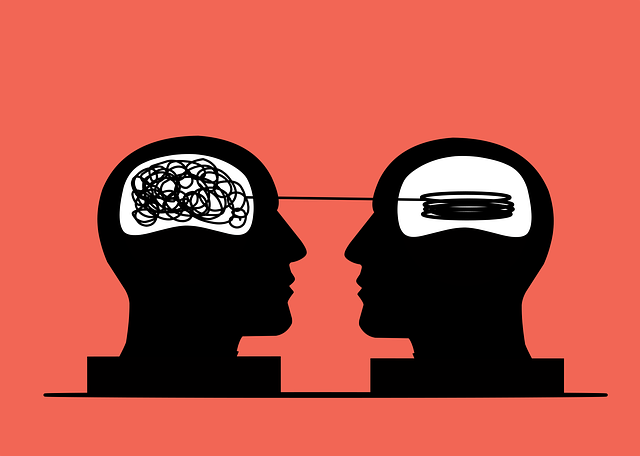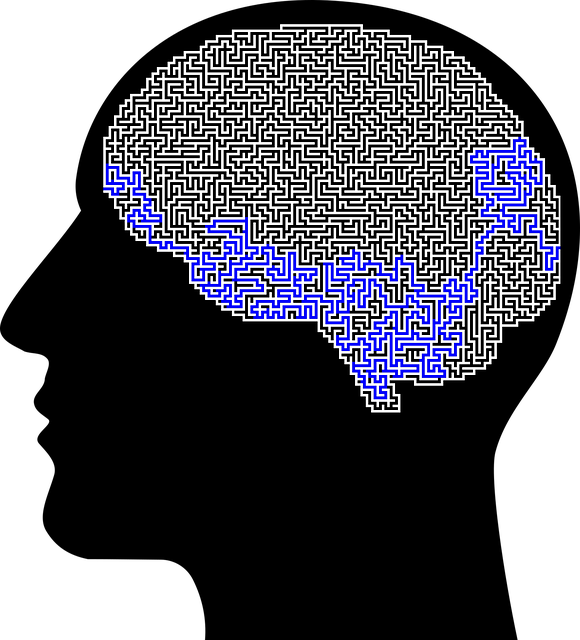Recognizing depression's subtle signs is crucial, as professional therapy, including couples counseling, helps uncover root causes. Effective approaches like Cognitive Behavioral Therapy (CBT) and self-care practices strengthen relationships, promote positive thinking, and prevent depression. Proactive mental health measures, such as exercise, balanced diet, mindfulness, and social connections, are key to emotional well-being. Community outreach programs focused on mental health awareness further foster belonging and provide crisis support, emphasizing the importance of therapy and community involvement in healing and prevention.
Depression is a pervasive condition affecting millions, but prevention is achievable through various strategies. This article guides you on navigating the path to mental wellness by exploring key elements in depression management. We delve into recognizing subtle signs and symptoms, offering insights on effective therapy options tailored for couples counseling, and highlighting impactful lifestyle changes. By understanding these approaches, individuals can empower themselves and their relationships, fostering resilience against depressive episodes. Effective therapy for couples counseling plays a pivotal role in strengthening bonds and promoting emotional well-being.
- Recognizing the Signs and Symptoms of Depression
- Effective Therapy Options for Couples Counseling
- Lifestyle Changes and Coping Mechanisms to Prevent Depression
Recognizing the Signs and Symptoms of Depression

Recognizing the signs and symptoms of depression is a crucial first step in seeking help. This mental health disorder can manifest in various ways, affecting a person’s daily life and overall well-being. Common indicators include persistent feelings of sadness, hopelessness, or emptiness, along with changes in appetite and sleep patterns. Individuals may also experience fatigue, difficulty concentrating, and even thoughts of self-harm. Recognizing these signs is essential, especially as they can often be overlooked or attributed to other issues.
Seeking therapy, whether for individuals or couples counseling, can play a pivotal role in managing and preventing depression. Professional support provides a safe space to explore underlying causes and develop coping strategies. Additionally, addressing burnout prevention through self-care practices and setting boundaries is essential to maintain mental health. Mental health policy analysis and advocacy also contribute to creating supportive communities and improving access to resources, fostering an environment that promotes confidence boosting and overall resilience against depression.
Effective Therapy Options for Couples Counseling

Effective Therapy Options for Couples Counseling play a pivotal role in fostering healthy relationships and preventing depression. One evidence-based approach is Cognitive Behavioral Therapy (CBT), which helps couples identify and challenge negative thought patterns, promoting positive thinking and anxiety relief. CBT encourages active participation from both partners, teaching them practical strategies to navigate conflicts and strengthen their emotional connection.
Additionally, Incorporating Self-Care Practices into therapy sessions can significantly enhance the benefits of Couples Counseling. Therapists guide partners in understanding the importance of individual well-being, encouraging self-care activities that foster resilience against depression. By integrating techniques like mindfulness and stress management, couples can create a supportive environment both within their relationship and independently, leading to lasting emotional stability and improved communication.
Lifestyle Changes and Coping Mechanisms to Prevent Depression

Adopting a proactive approach to mental health is essential in preventing depression. Lifestyle changes play a pivotal role in maintaining emotional well-being. Engaging in regular physical activity, for instance, releases endorphins that boost mood and reduce stress. A balanced diet, rich in nutrients, supports brain function and overall mental resilience. Adequate sleep, usually 7-9 hours per night, is crucial for regulating emotions and recovering from life’s stresses. Additionally, practicing mindfulness through meditation or deep breathing exercises enhances self-awareness, enabling individuals to recognize and manage their emotional states effectively.
Coping mechanisms are another powerful tool in depression prevention. Developing a robust support network through strong social connections can provide comfort during challenging times. Engaging in activities that bring joy and a sense of accomplishment is vital for maintaining motivation. Seeking therapy, whether individually or through couples counseling, offers valuable space for processing emotions and gaining new coping strategies. Community outreach programs focused on mental health awareness can also foster a sense of belonging and provide crisis intervention guidance when needed.
Depression prevention is a multifaceted approach, from recognizing signs early on to adopting healthy lifestyle changes. While effective therapy options like couples counseling can provide significant support, it’s essential to understand that each person’s journey is unique. By combining professional guidance with personal coping mechanisms, individuals and couples can successfully navigate and prevent depression, fostering resilience and enhancing overall well-being.
